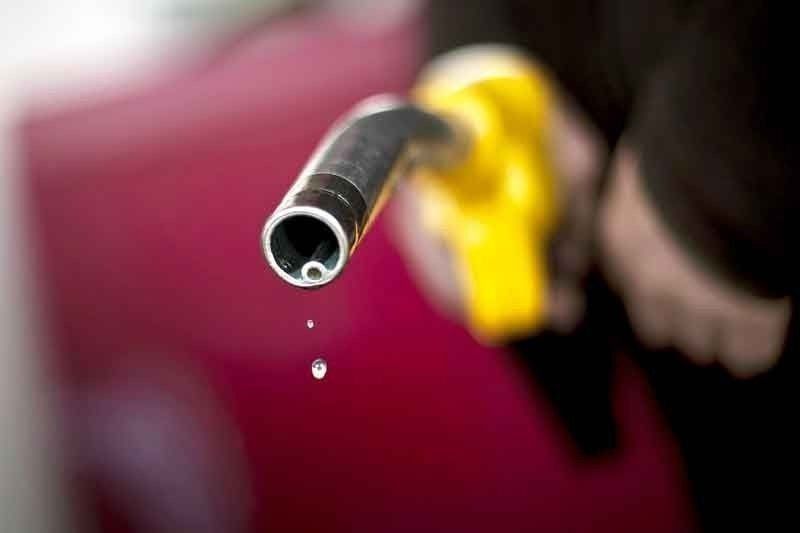‘Rising oil prices to weigh on Philippines economic recovery’

MANILA, Philippines — The high cost of oil in the world market will remain a concern for the Philippines until next year and this could pose further risk on the already stubbornly high inflation and impact the country’s economic recovery.
In a report, the World Bank said prices would remain elevated until 2022 after soaring in the third quarter and such a trend would further add to inflationary pressures on oil-importing countries like the Philippines.
For 2021, energy prices are projected to be 80 percent higher than the pandemic-induced prices in 2020. This will remain elevated until the first half of 2022.
While natural gas and coal prices are seen declining next year, crude oil prices will likely average at $74 per barrel from the expected $70 per barrel this year. Current prices are already above $80.
Energy prices are rebounding from their record lows in 2020 as global economic activities rebound and countries reopen their borders to trade.
On the other hand, non-energy prices, including agriculture and metals, are projected to decrease in 2022, following strong gains this year.
After rising by nearly 50 percent this year, metal prices are projected to decline by five percent in 2022 while agricultural prices are expected to broadly stabilize following a 22 percent hike in 2021.
The World Bank said continued high commodity prices could slow growth in countries dependent on oil imports and also exacerbate food insecurity. Risks to the forecast include adverse weather, further supply constraints and new outbreaks of COVID.
“The surge in energy prices poses significant near-term risks to global inflation. The sharp rebound in commodity prices is turning out to be more pronounced than previously projected. Recent volatility in prices may complicate policy choices as countries recover from last year’s global recession,” the World Bank said.
Economists in the Philippines maintained that oil prices lingering at new seven-year highs could lead to a further surge in inflation, which continues to breach government targets.
In an email, Nicholas Mapa, senior economist at ING Bank, said global oil prices are likely to stay elevated going into the winter months, with several governments moving to secure energy supplies for heating during the cold weather.
“Optimism over economic reopening may also drive up prices, but supply-side pressure continues to dominate his demand pull brother,” Mapa said.
The Philippines has been dealing with high inflation since the start of the year on surging pork prices amid the African swine fever contagion. Unfortunately, supply-side bottlenecks on several fronts remain.
“Just when meat prices and transport service prices have stabilized on improved pork supply, we are seeing supply-side bottlenecks rear their ugly heads for several commodities such as fish, vegetables, utilities and private transport costs,” Mapa said.
“Expensive crude oil prices have infected electricity prices and transport costs while inclement weather has forced up prices for fish and vegetables,” he said.
In terms of food commodities, Rizal Commercial Banking Corp. chief economist Michael Ricafort said prices may start to ease especially after the winter season and as more countries achieve herd immunity.
He said this would allow increased food production activities
Rising oil… From B-1
and easing of restriction on shipping and other logistical movement that were hampered before.
Still, Ricafort noted that inflation pick up could eat up or temper economic recovery prospects. “This could also reduce the purchasing power of consumers whose spending accounts for about 70 percent of the economy and businesses,” he said.
Mapa argued that food costs in the Philippines may begin to normalize in the coming months but only if weather conditions hold up.
- Latest
- Trending




























